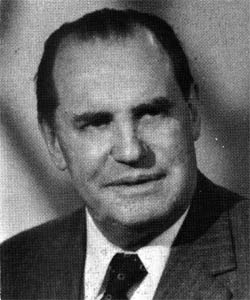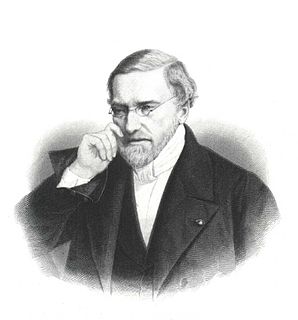A Quote by Rene Thom
The purely formal language of geometry describes adequately the reality of space. We might say, in this sense, that geometry is successful magic. I should like to state a converse: is not all magic, to the extent that it is successful, geometry?
Related Quotes
I conceived, developed and applied in many areas a new geometry of nature, which finds order in chaotic shapes and processes. It grew without a name until 1975, when I coined a new word to denote it, fractal geometry, from the Latin word for irregular and broken up, fractus. Today you might say that, until fractal geometry became organized, my life had followed a fractal orbit.
Abstraction didn't have to be limited to a kind of rectilinear geometry or even a simple curve geometry. It could have a geometry that had a narrative impact. In other words, you could tell a story with the shapes. It wouldn't be a literal story, but the shapes and the interaction of the shapes and colors would give you a narrative sense. You could have a sense of an abstract piece flowing along and being part of an action or activity. That sort of turned me on.
In fact, Gentlemen, no geometry without arithmetic, no mechanics without geometry... you cannot count upon success, if your mind is not sufficiently exercised on the forms and demonstrations of geometry, on the theories and calculations of arithmetic ... In a word, the theory of proportions is for industrial teaching, what algebra is for the most elevated mathematical teaching.
Geometry enlightens the intellect and sets one's mind right. All of its proofs are very clear and orderly. It is hardly possible for errors to enter into geometrical reasoning, because it is well arranged and orderly. Thus, the mind that constantly applies itself to geometry is not likely to fall into error. In this convenient way, the person who knows geometry acquires intelligence.
The best that Gauss has given us was likewise an exclusive production. If he had not created his geometry of surfaces, which served Riemann as a basis, it is scarcely conceivable that anyone else would have discovered it. I do not hesitate to confess that to a certain extent a similar pleasure may be found by absorbing ourselves in questions of pure geometry.
The full impact of the Lobachevskian method of challenging axioms has probably yet to be felt. It is no exaggeration to call Lobachevsky the Copernicus of Geometry [as did Clifford], for geometry is only a part of the vaster domain which he renovated; it might even be just to designate him as a Copernicus of all thought.
I love making object form; I wish I was doing more of it. I admire the research of my colleagues, and sometimes it makes me sad when their beautiful work - the deep dives into formal research and nuances of geometry and so on - ends up circling in more and more circumscribed contexts. I wish they were more powerful. It's not a modern proposition. Active form doesn't kill object form. I want my students to have all those skills related to geometry, shape, measure, scale, etc., plus skills for using space to manipulate power in the world.


































